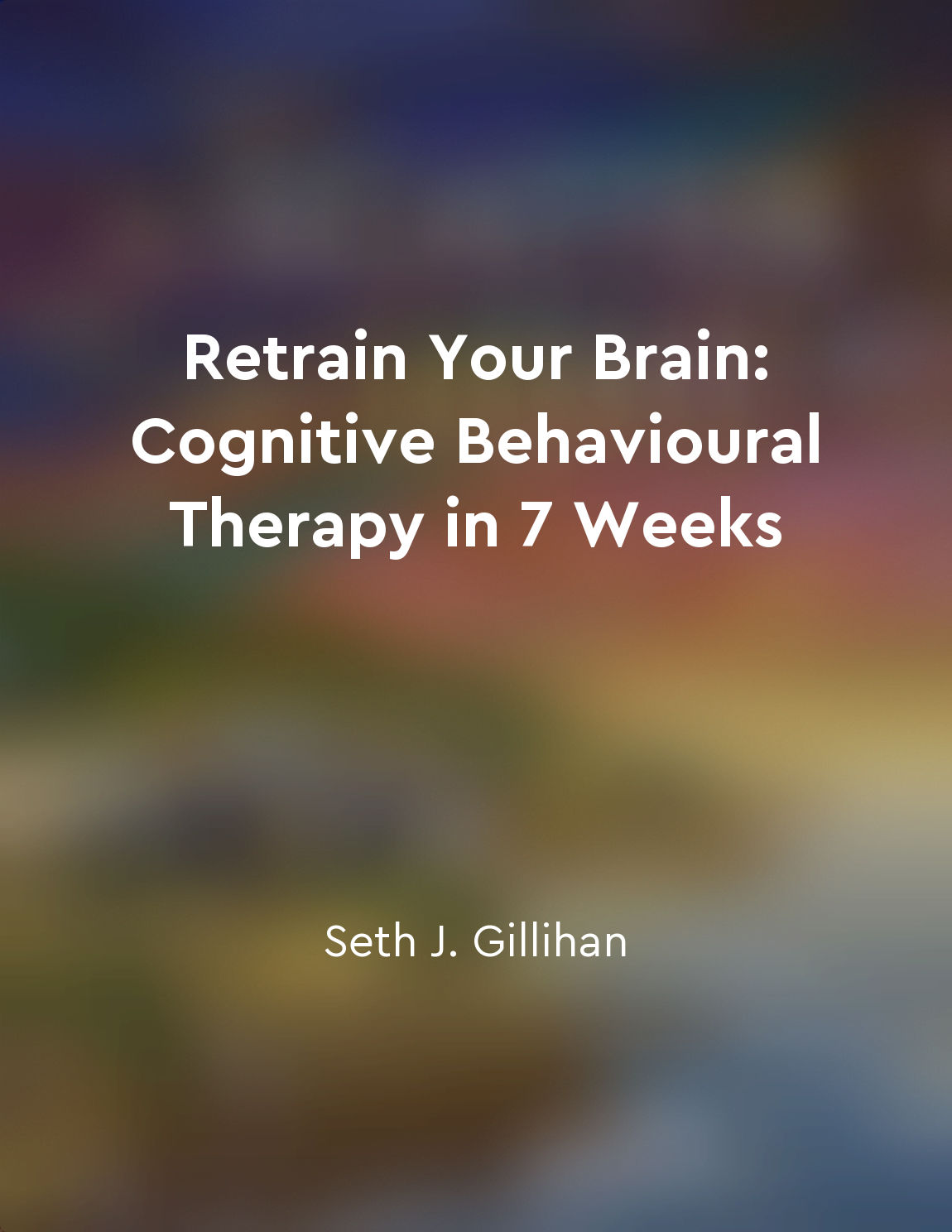Practicing mindfulness can enhance listening skills from "summary" of The Lost Art of Listening, Third Edition by Michael P. Nichols,Martha B. Straus
Mindfulness can be a powerful tool for improving our listening skills. When we practice mindfulness, we are fully present in the moment, paying close attention to our thoughts, feelings, and bodily sensations. This heightened state of awareness allows us to truly focus on the person we are listening to, without distractions or preconceived notions clouding our judgment. By cultivating mindfulness, we can also become more attuned to the subtle cues and nuances in communication, such as tone of voice, body language, and facial expressions. These nonverbal signals often convey more meaning than words alone, and by being mindful of them, we can gain a deeper understanding of what the speaker is trying to convey. Furthermore, mindfulness helps us to regulate our own emotional responses during conversations. Instead of reacting impulsively or defensively, we can pause, take a breath, and respond thoughtfully. This not only enhances our listening skills but also fosters better communication and more meaningful connections with others.- Practicing mindfulness is about being fully engaged and present in our interactions with others. It requires us to let go of distractions, judgments, and biases, and to approach each conversation with an open mind and a compassionate heart. By incorporating mindfulness into our listening practice, we can become more attentive, empathetic, and effective communicators.
Similar Posts

Cultivate selfcompassion and acceptance
To grow self-compassion and acceptance, it's crucial to approach yourself with kindness and understanding. This means treating ...

Analyze verbal cues for hidden meanings in conversations
Verbal cues are a powerful tool when it comes to deciphering the hidden meanings behind someone's words. These cues can provide...

Communication is essential for building relationships
Communication plays a fundamental role in the formation and maintenance of relationships. It is through communication that indi...

Live each day with intention and purpose
Living each day with intention and purpose means approaching each moment with a clear sense of direction and determination. It ...
Transformation
Transformation is the process of changing or developing into something different. It involves a shift in mindset, behavior, or ...
Encourage others to share their thoughts and feelings openly
When engaging in crucial conversations, it is essential to create an environment where others feel comfortable sharing their th...
Find joy in the journey, not just the destination
When we set out to achieve a goal, it's easy to become fixated on reaching the finish line. We become so consumed by the end re...
Embrace challenges as opportunities for growth
When you face challenges, it's easy to feel overwhelmed or discouraged. However, these challenges provide a unique opportunity ...
Emotional intelligence is the ability to identify, understand, and manage emotions
Emotional intelligence involves the capacity to recognize and comprehend one's own emotions, as well as those of others. It goe...
Emotional intelligence is a critical skill for effective leadership
Emotional intelligence plays a crucial role in effective leadership. Leaders who possess high levels of emotional intelligence ...

